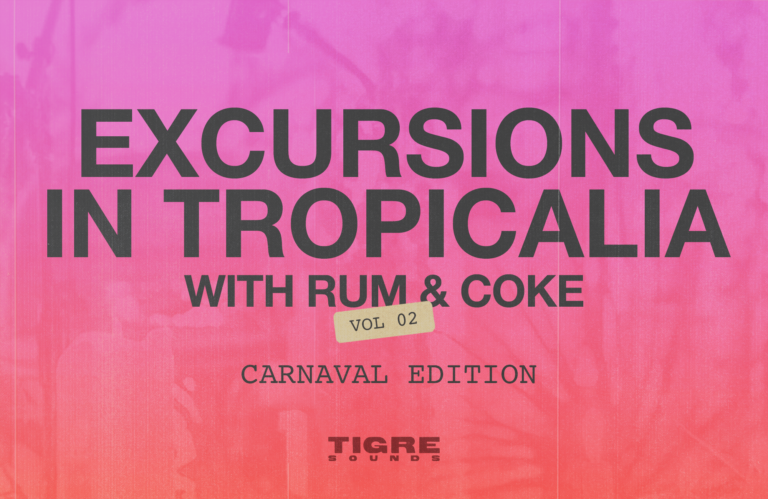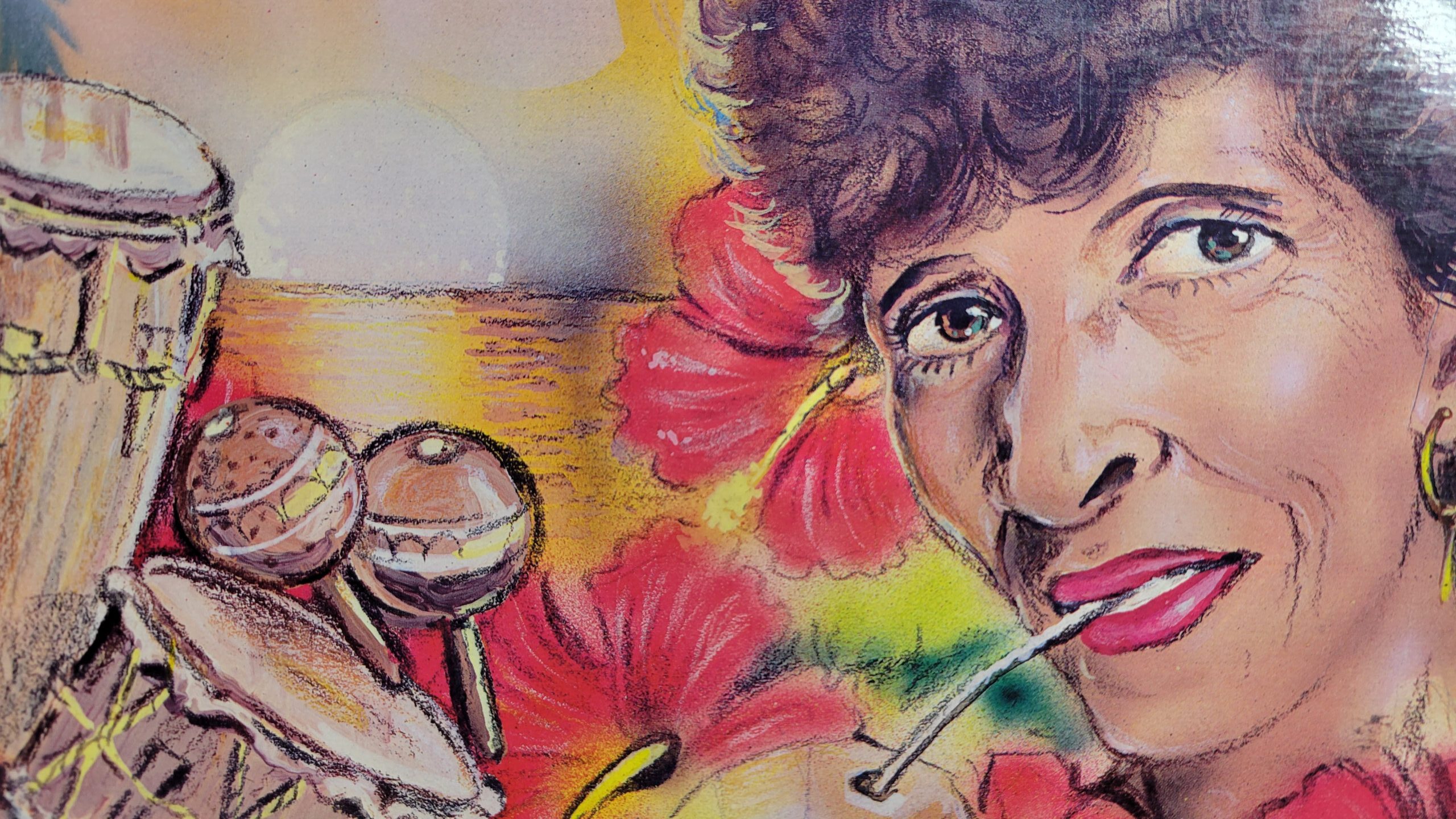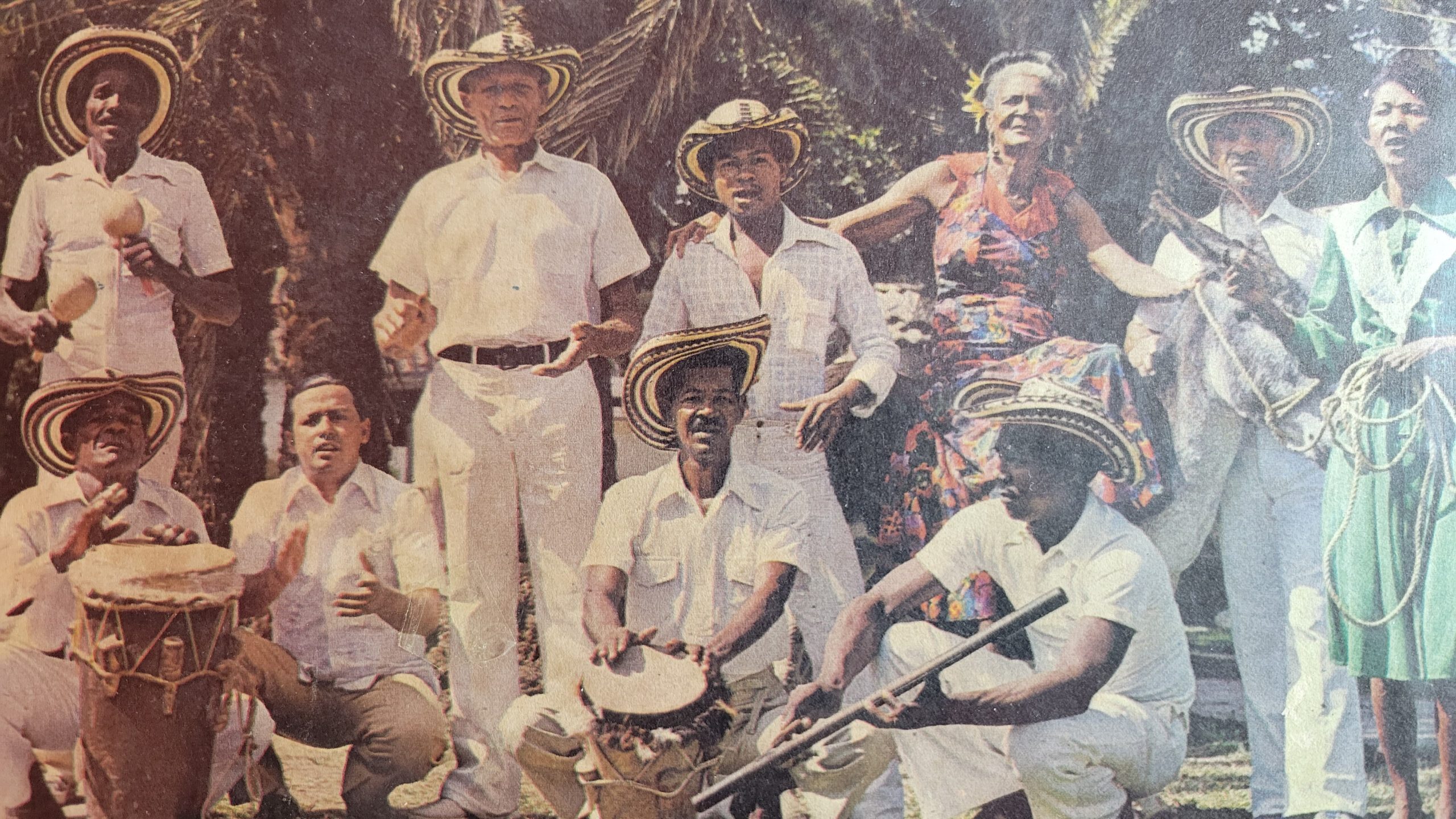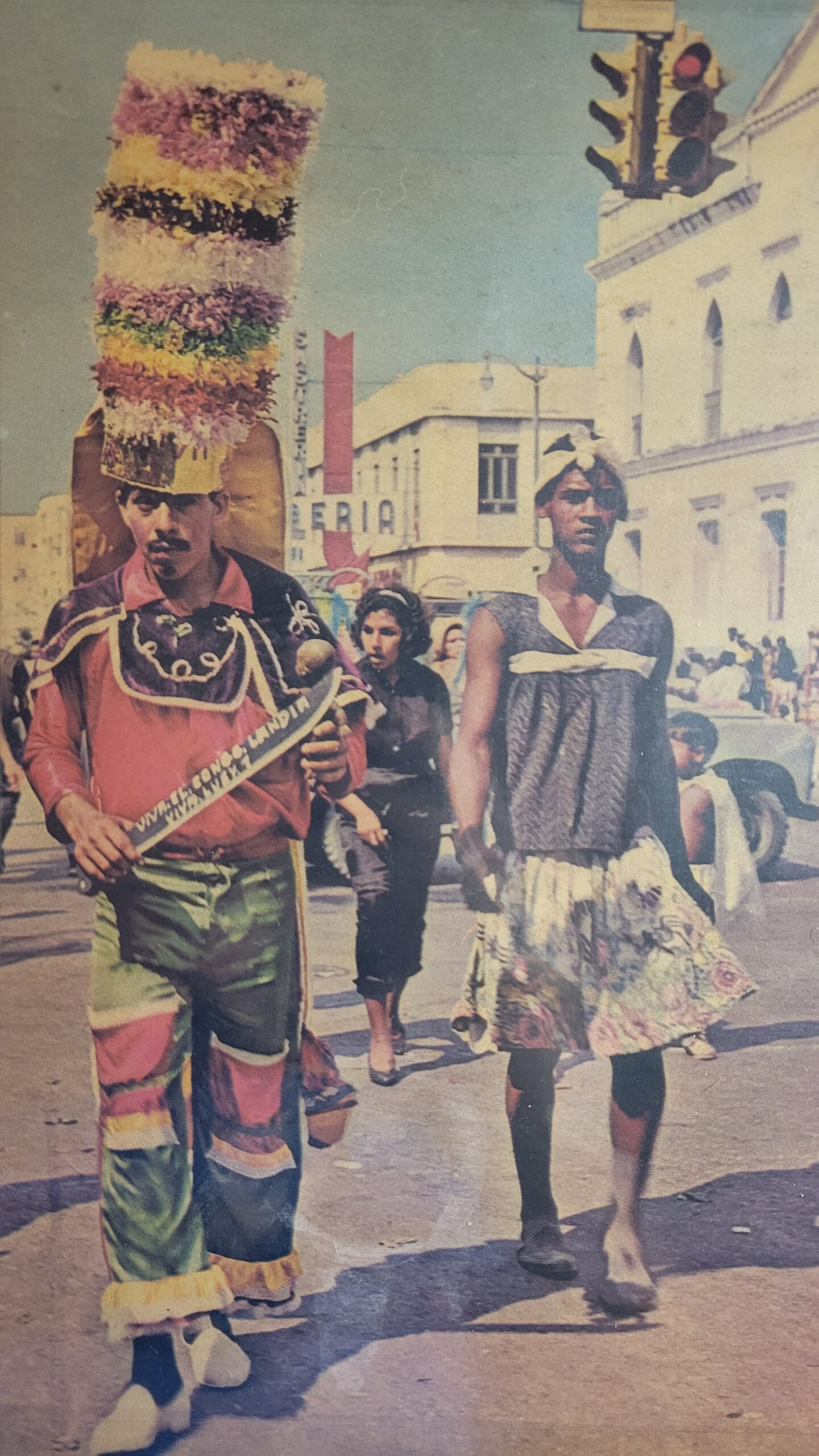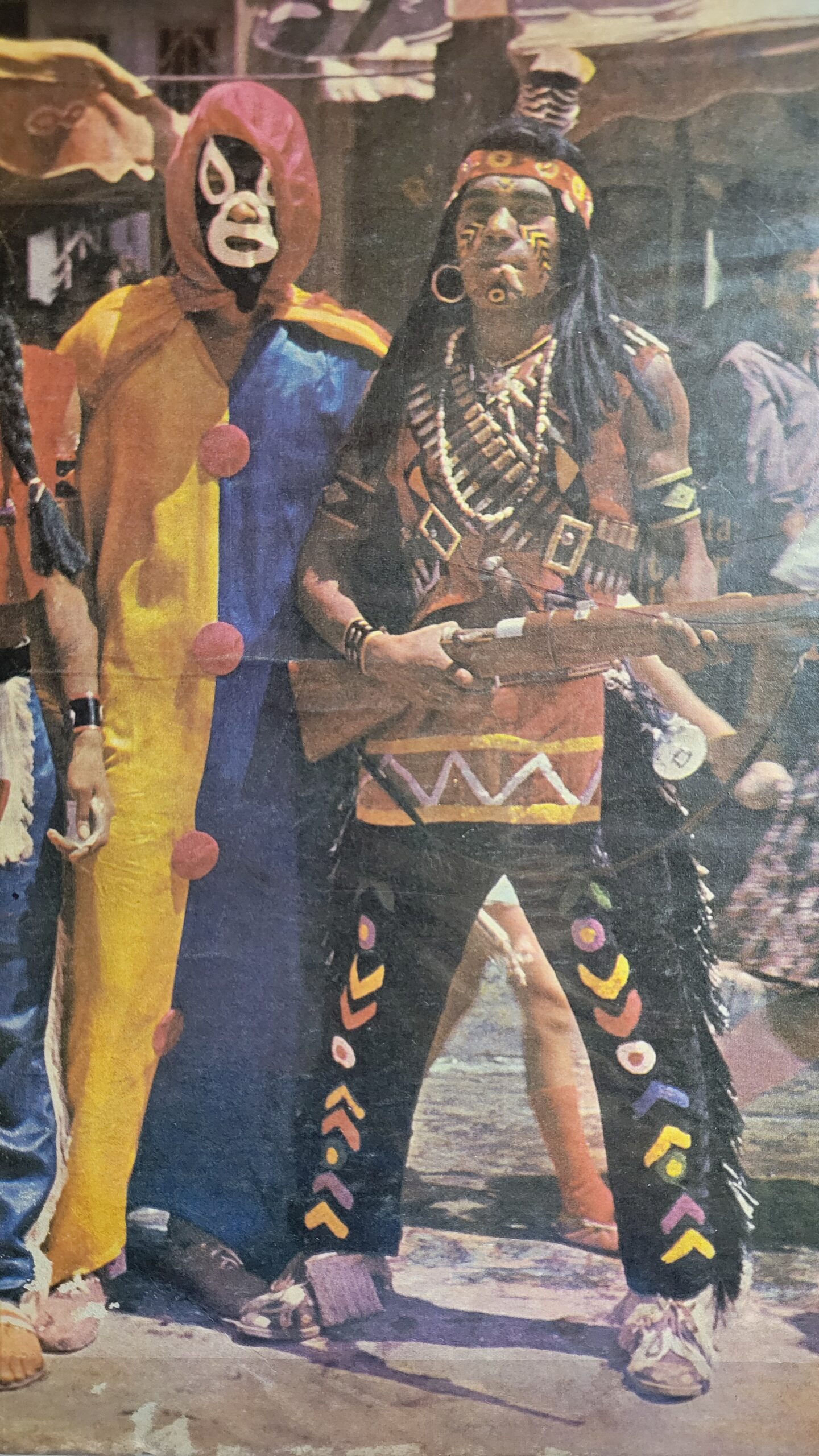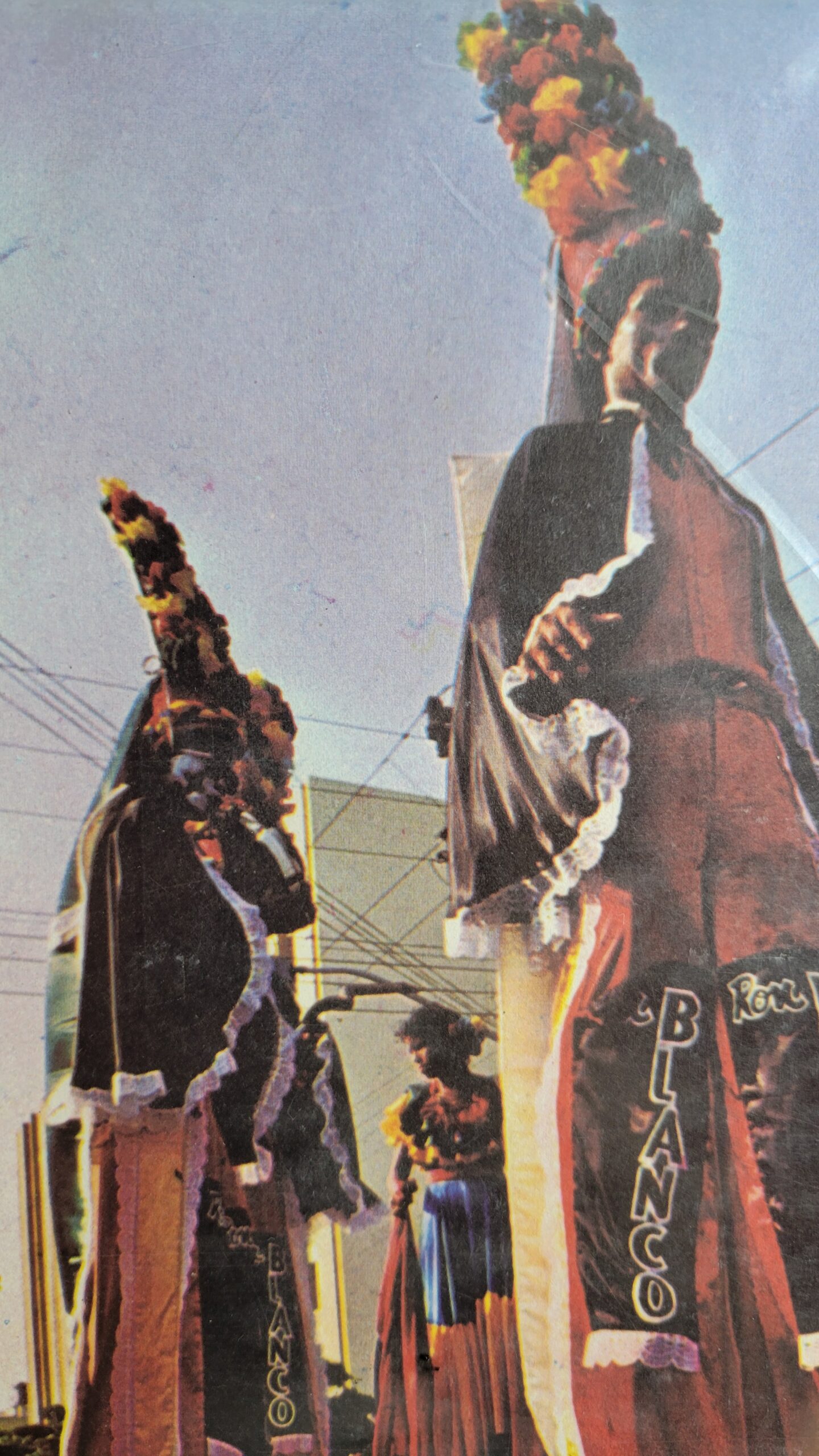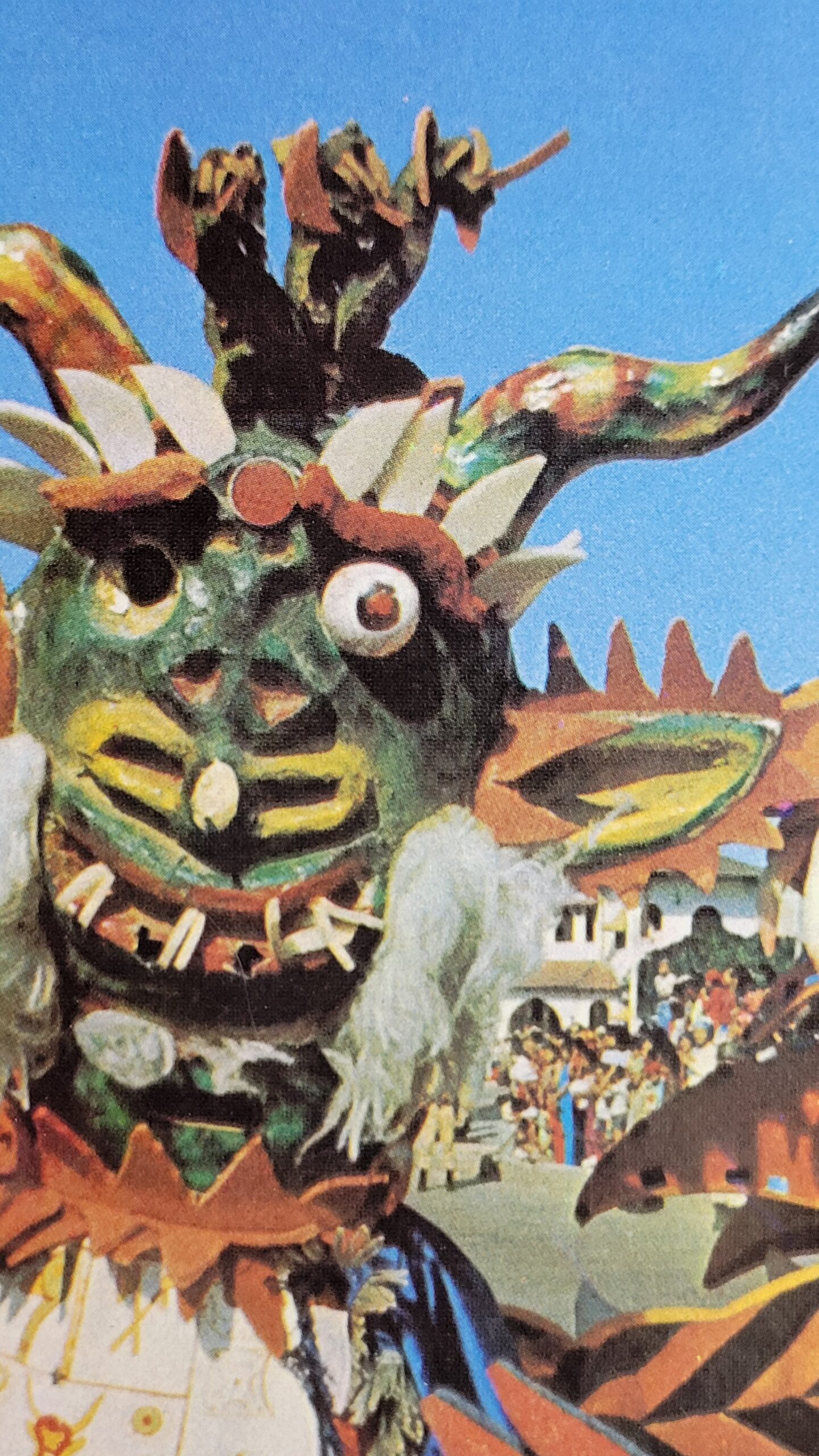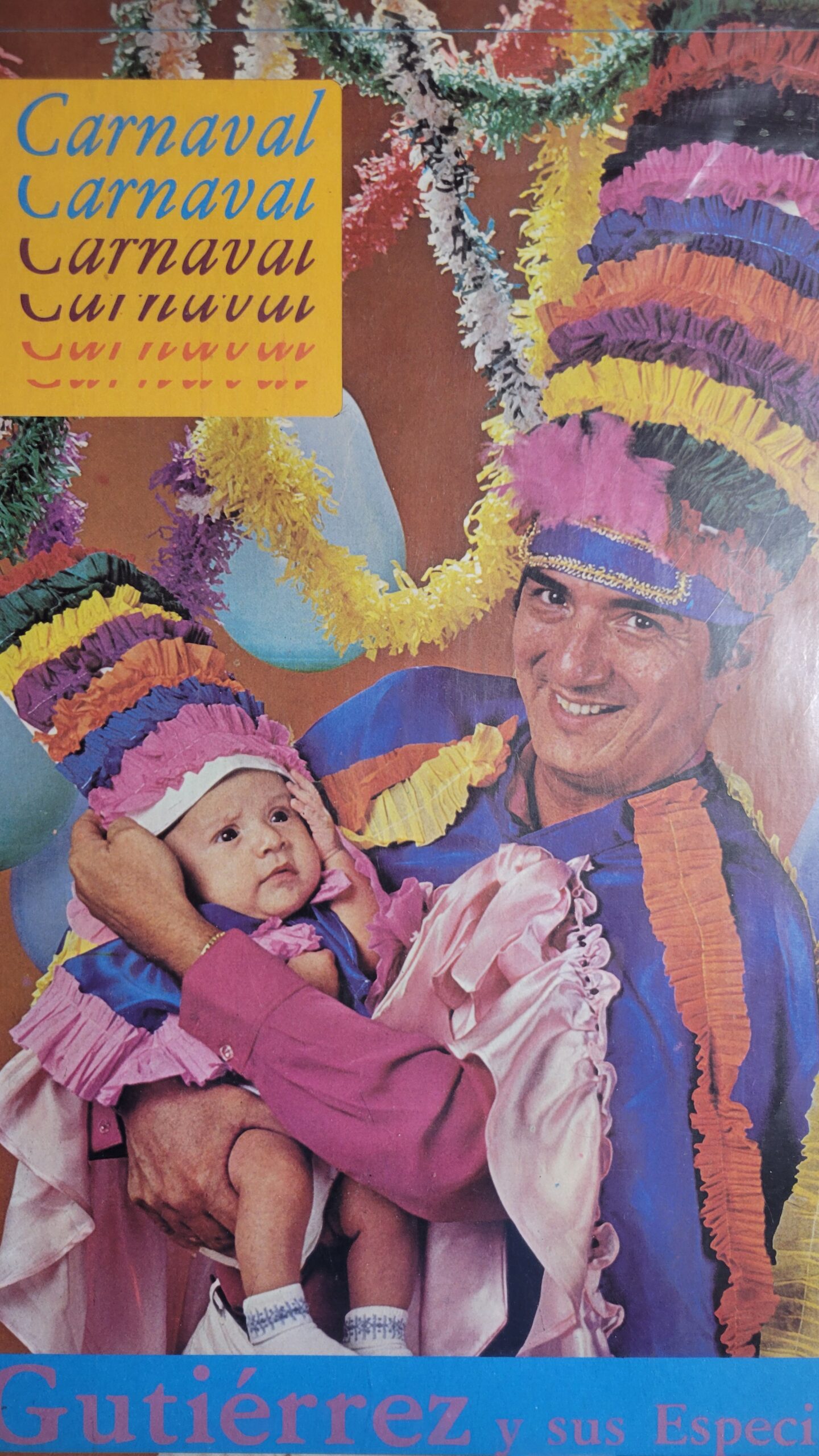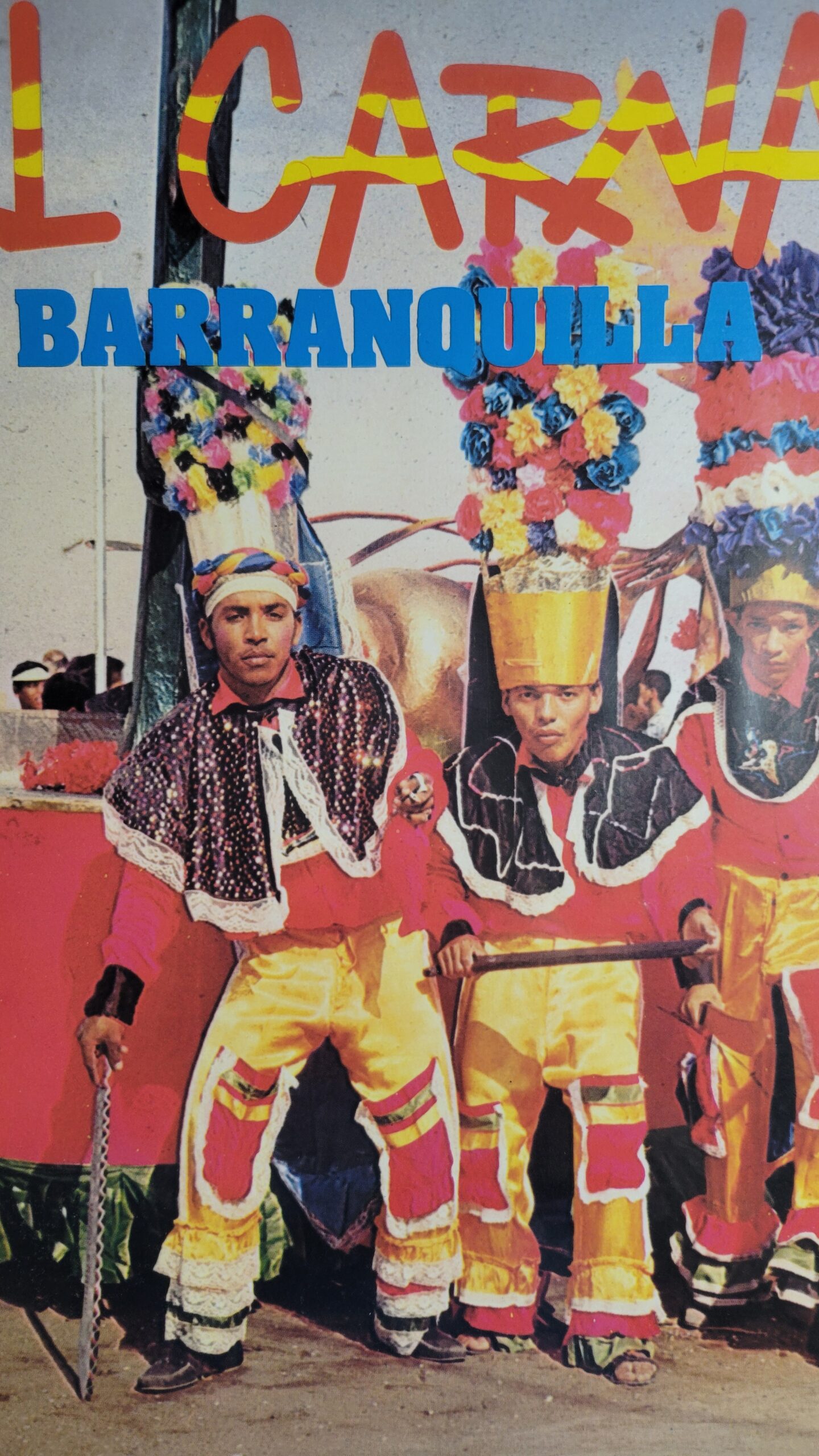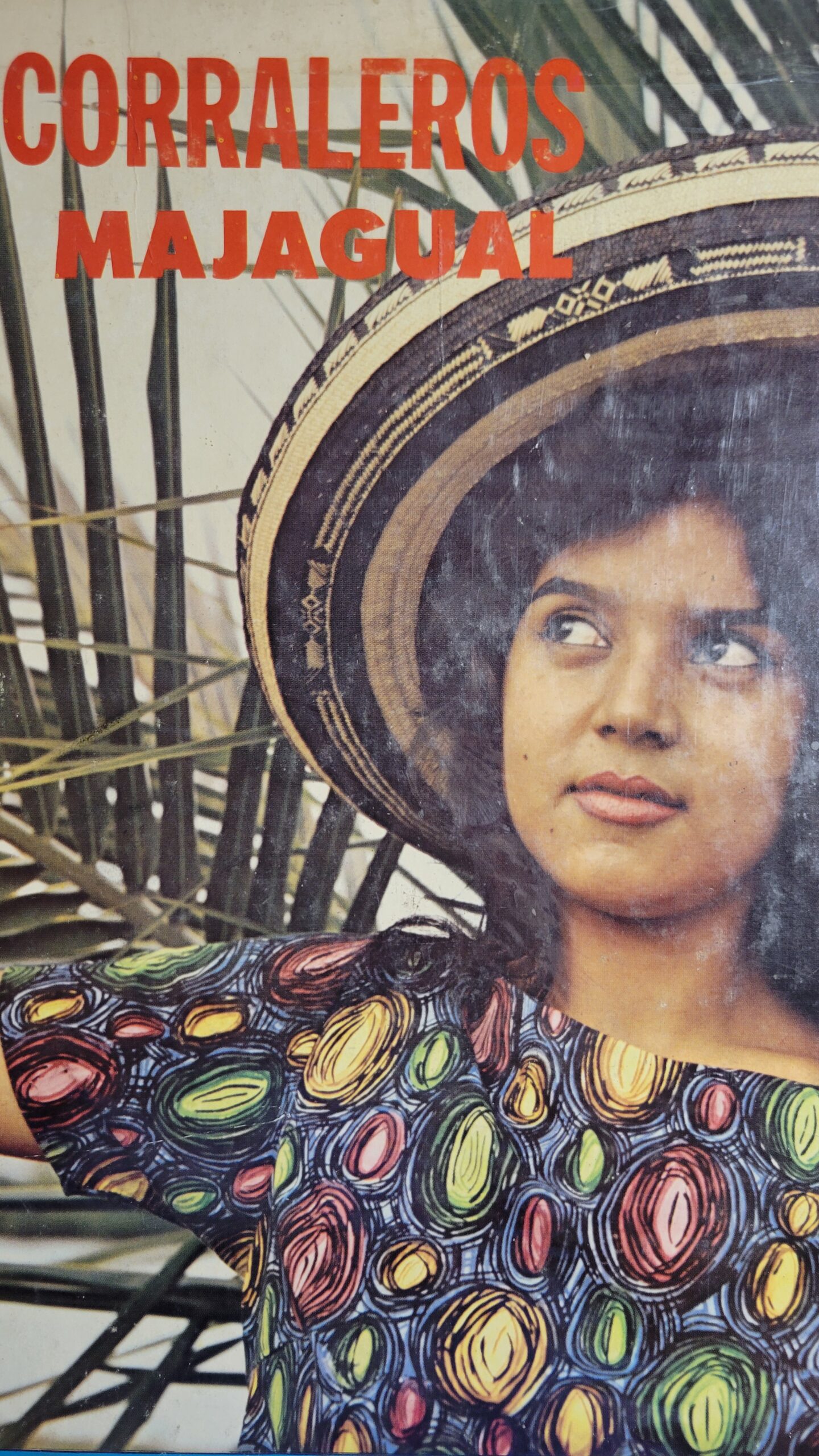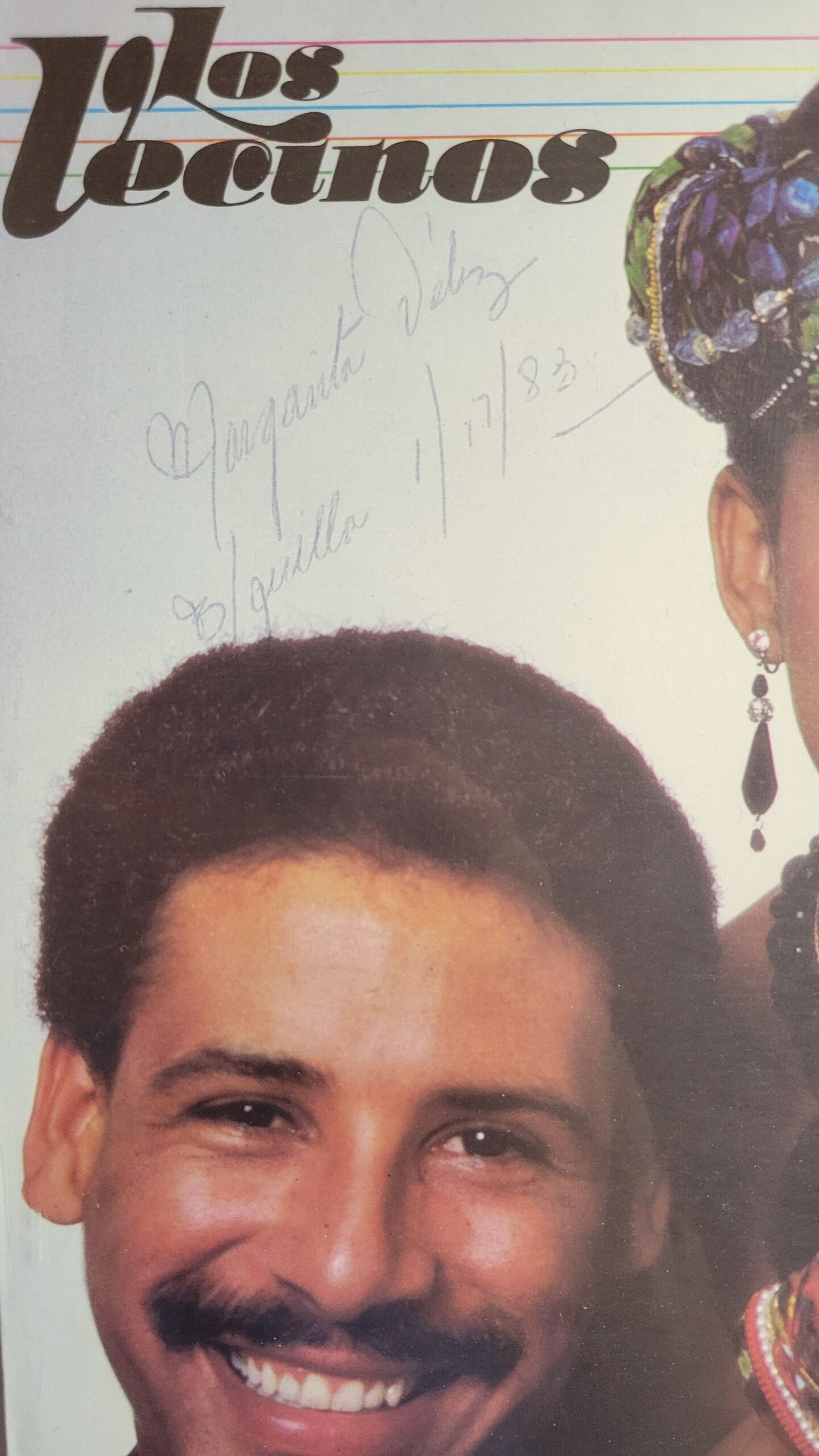A written companion to Radio Karibe Episode 22 by Harold Fandino
Words by Jesús Rodríguez
The musical travels continue as we welcome you to Volume 2 of Excursions in Tropicalia with Rum & Coke. We hope you enjoyed our first installment of this monthly column and if you haven’t, please do check it out here.
Throughout the Caribbean and the rest of Latin America, February is synonymous with one thing: Carnival. Harold Fandino takes over the controls for Episode 22 of Radio Karibe focusing on the unique musical world of Barranquilla Carnival in Colombia.
Every February or March, four days prior to Ash Wednesday depending on when lent season begins, the world’s second most important carnival is celebrated. The Barranquilla Carnival is the most important cultural and folkloric celebration of Colombia. Each year this Caribbean coast city is the center of a rich four-day expression of folklore, dance, and music. The Barranquilla Carnival dates back to Spanish conquest as it was traditional in Europe and slowly introduced by the Spanish and Portuguese in the Americas. The Barranquilla Carnival, however, has influences in the celebrations that took place in Cartagena de Indias, in colonial times, as a slave festival; Around that time, black people appeared in the streets with typical instruments and special outfits, dancing and singing.
One of the key perspectives that we would like for our listeners to seriously consider and hopefully dive into, is to not look at carnival as simply some massive party with people in beautiful costumes. We would like to raise awareness that the customs and traditions you experience at carnival, specifically within the context of the Americas, provide a collective space of resistance and cultural preservation by those historically oppressed. Not only do these yearly festivities allow societies to challenge the status quo, they provide us with yet another way in which enslaved Africans and colonized indigenous societies found ways of creating something unique within the cultural traditions most were forced to assimilate within the region.
Let’s get into the music, which is why you’re here right?
Harold’s Breakdown
“I made this recording at home two days prior to attending the 2024 Barranquilla Carnaval and the words you are reading were typed the day I got back and let me tell you I cannot wait for 2025.
The approach to this recording was to provide a soundtrack, a mix of traditional sounds like cumbia, mapale to newer songs The Barranquilla Carnival has inspired contemporary artists to write and sing. One example is Cuco Valoy’s “Frutos de Carnaval” where he perfectly describes the celebration to include the Carnaval queen, traditional dances, and block parties. For me, the block parties in the neighborhoods are my favorite. Some block parties are more than 100 years old as the first documented carnaval goes back to 1903. And yes, the block parties are where you hear the most variety of carnaval music. Due to it being very windy most nights during carnival season you can hear the music in the air as it’s being carried over by the nightly breeze. It is one serious showing of folklore, dance and music which is why in November of 2003 UNESCO declared The Carnival of Barranquilla as a Masterpiece of Oral and Intangible Heritage of Humanity.
The aforementioned “Frutos de Carnaval” by Cuco Valoy is a perfect description of the carnaval. The chorus asks ‘What is it about the carnival of curramba?’ Curramba is a term of endearment used by Barranquilleros. The lyrics allude to the parade that takes place on Tuesday before Ash Wednesday in which “Joselito Carnaval” gets buried marking the closing of the four day celebration. Lisandro Meza, which we unfortunately lost during the 2023 Holiday Season brings us an unmissable guaracha which has been a carnaval anthem since the mid 70’s.
Cunjunto Caribe’s “A Pleno sol” is a song that was named after the long running block party with the same name which got its start in 1974.
“Mejor Para Ti” is by the king of Guaracha Anibal Velasquez a currambero himself and who you can still catch performing from time to time during carnival season.
“Puyalo ahi” is a fast paced and dancefloor friendly Cumbia with nice guitar riff to boot by Pedro Beltran.
From his 1970 debut album From Panama to New York, Ruben Blades’ ‘Descarga Caliente’ is a salsa classic during carnival season. I have actually heard him perform it live in Barranquilla and the place erupted.
Lastly and something notable, sometimes songs end up being carnival songs because they were hits when their albums were put out. A perfect example of this, is the calipso “Anita tun tun tun” by Cuban born and beloved by Barranquilla, Sergio Rivera El Haitiano, who sadly also passed recently. Music collectors and historians say it was an LP that came out in December and was such a hit that it played well into the carnival. Like this there are many other tunes, however time is limited. Maybe we can do part two next year…”
Tracklisting
- Joe Arroyo – Trato
- Cuco Valoy – Frutos de Carnaval
- Aníbal Velásquez y Su Conjunto – El Desfile
- Soneros de Gamero – Se Va Se Va
- Conjunto Caribeño – A Pleno Sol
- Lisandro Meza – Juventud Flaca y Loca
- Cumbia Moderna de Soledad – Dónde Estás
- Los Corraleros de Majagual – El Pie Pelao
- Pedro Beltrán – Puyalo Ahí
- Aníbal Velásquez – Mejor Para Ti
- Los Wawanco – Atlantico
- Rubén Blades – Descarga Caliente
- Sergio Rivera El Haitiano – Anita Tun Tun Tun
- Cumbia Soledeña – Al Rescate De Lo Nuestro
About Harold Fandino
Harold is a Barranquilla born, Miami raised collector and selector whose musical palette is as extensive as the sonic spectrum heard on the picó sound systems from La Arenosa. Not only a Rum & Coke resident, he is also involved in La Verbena Digital, and runs USA operations for Olindo Records. His music programming style is Picó and Verbena also known as block parties that encompass a varied mix of musical genres including high-life, soukous, tropical music from the Caribbean islands and some American pop music. Harold’s musical influence comes from his father who was part of the verbena/Picó community throughout his adolescence and adulthood before immigrating to the USA, bringing with him that rich musical knowledge that would become a signature in Harold’s sound.
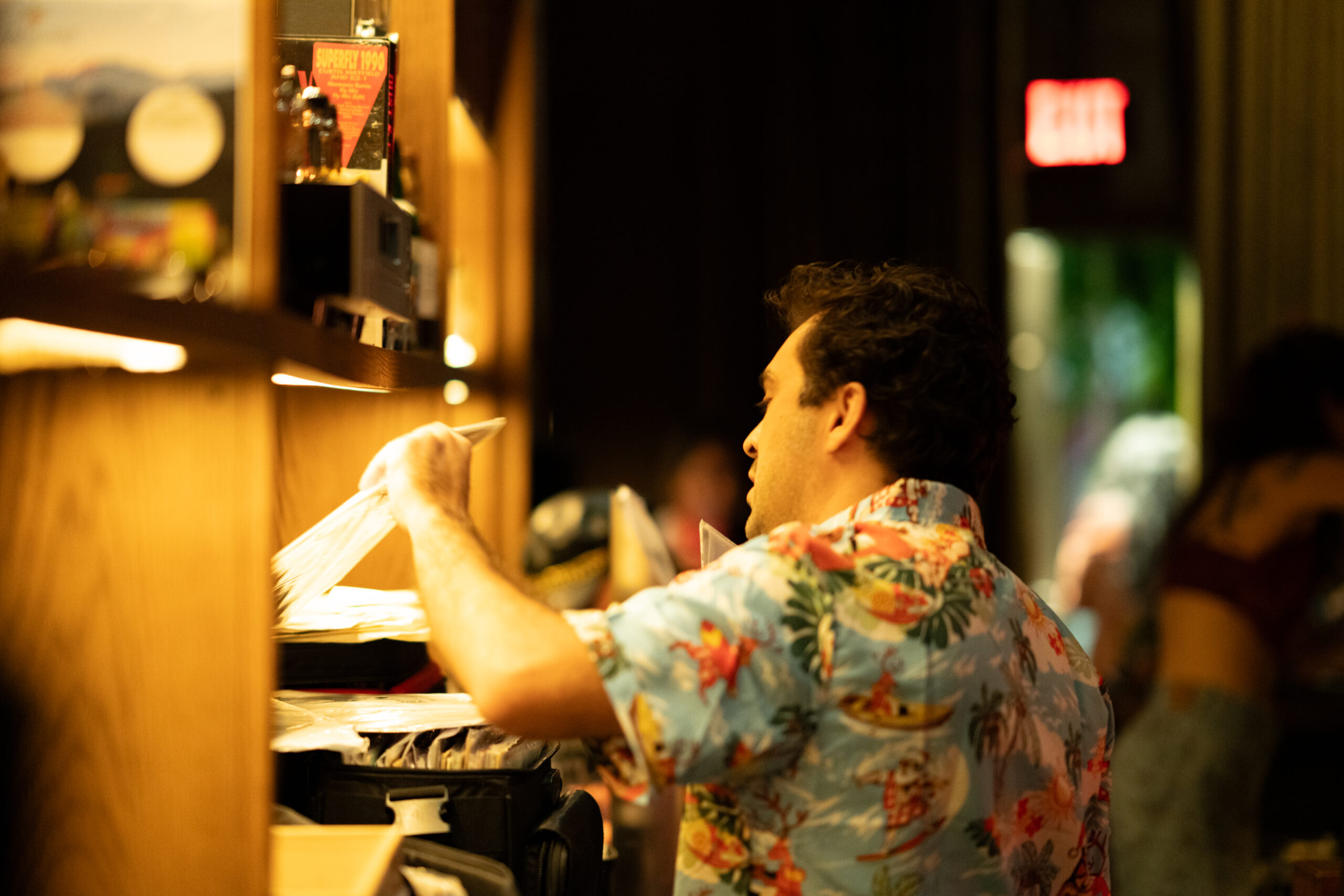
About Rum & Coke
To learn more about Rum & Coke, you can check out the interview we did for Tigre Sounds here.
Every fourth Sunday, Rum & Coke currently host their monthly residency at Dante’s HiFi, the world renowned listening bar in Wynwood, Miami.
Session 24 at Dante’s will be on Sunday, February 25th, with special guest coming in from Chicago, Action Pat, who is the original founder of the Rum & Coke party. It’s a family affair, don’t miss it!


